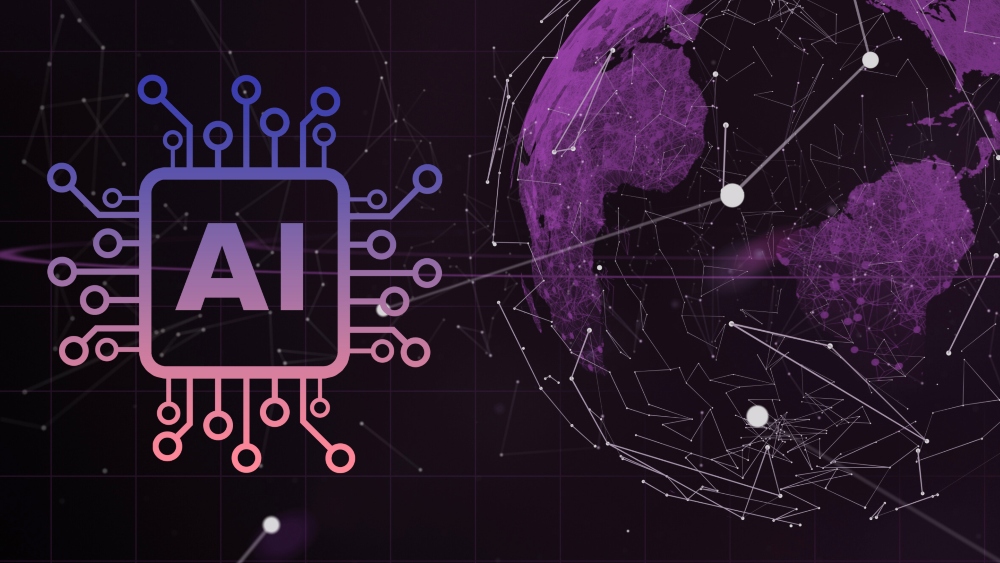In recent years, the rapid advancement of artificial intelligence (AI) has ignited a fiery debate: will AI revolutionize industries, opening doors to new opportunities, or will it cast a shadow of job displacement, leaving countless workers unemployed? The answer is far from black and white, as this intricate discussion encompasses economic, social, and ethical dimensions. Let’s delve into the heart of the matter and explore the ongoing debate surrounding AI and its impact on the job market.
The Fear of Disruption:
Critics of AI often point to historical precedents where automation led to job losses. The rise of machines during the Industrial Revolution, for instance, displaced many skilled artisans. This history casts a long shadow on the present debate. The concern is that AI-driven automation could replace routine tasks across various sectors, from manufacturing to customer service, potentially rendering certain job categories obsolete.
The Promise of Transformation:
On the other side of the spectrum, proponents of AI argue that this technology has the potential to transform industries, leading to the creation of entirely new job roles. Just as computers gave rise to IT jobs, AI might spawn a host of positions centered around developing, maintaining, and optimizing AI systems. This line of thought suggests that AI will enhance productivity, allowing humans to focus on higher-level tasks that require creativity, emotional intelligence, and critical thinking—traits that machines lack.
The Middle Ground:
The reality might lie in a nuanced middle ground. Rather than a wholesale displacement, we could witness a reshaping of jobs. Routine and mundane tasks could indeed be automated, but this could also free up human workers to assume roles that necessitate uniquely human skills. For instance, AI-powered chatbots might handle routine customer inquiries, while human employees handle complex and empathetic interactions that require nuanced understanding.
Navigating the Transition:
One key aspect is the transition period. The pace at which AI is integrated into industries matters. Rapid and abrupt adoption of AI without proper planning could lead to short-term job displacement and societal unrest. However, a gradual integration could allow the workforce to adapt, upskill, and transition into new roles as the demand for certain skills changes.
The Role of Education and Reskilling:
Education and reskilling will play a vital role in the outcome of this debate. Governments, educational institutions, and corporations must collaborate to ensure that workers have access to training programs that equip them with the skills needed in the AI-driven future. By upskilling the workforce, societies can mitigate job displacement by enabling workers to pivot into new roles that AI cannot easily replicate.
Conclusion:
The debate surrounding AI and job displacement is as complex as the technology itself. While there are legitimate concerns about job losses, history has shown that technological advancements also lead to new opportunities. The true impact of AI on jobs will largely depend on how society, governments, and businesses navigate the transition. By fostering a proactive approach that emphasizes reskilling and adaptation, we can harness AI’s potential to create a future where humans and machines complement each other, leading to a more dynamic and innovative workforce.




